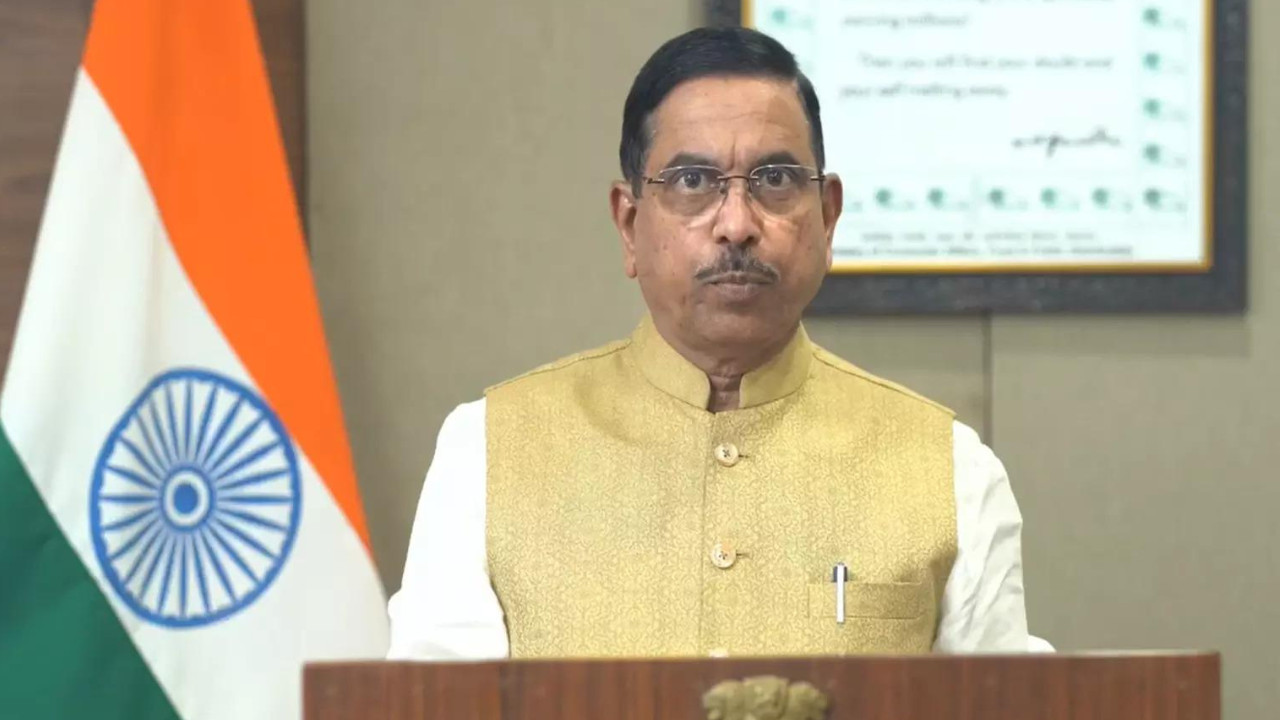Washington D.C. has faced the nation’s highest unemployment rate for three months, reaching 6% in July, due to federal workforce reductions under President Trump and declining international tourism. Neighboring states Maryland and Virginia also saw slight increases in unemployment. These layoffs are projected to worsen the District’s Black-white unemployment disparity, as international tourism continues to decline.
D.C.’s Job Market: Beyond the Headlines of Rising Unemployment
The nation’s capital, usually a picture of stability fuelled by government jobs and a thriving tourism sector, is facing a somewhat unexpected headwind: unemployment. For the third consecutive month, Washington D.C.’s unemployment rate has ticked upwards, reaching a concerning 6% in July. This isn’t just a number on a chart; it represents real people, real families, and real economic anxieties playing out across the District. But what’s driving this shift, and what does it mean for the city’s future?
One significant factor appears to be federal budget cuts. While D.C. often feels insulated from broader economic downturns, it’s not immune to the ripple effects of belt-tightening in Washington. Government agencies, feeling the pinch, are trimming their workforces, leading to layoffs that disproportionately impact the local job market. D.C., as a major hub for federal employment, naturally feels these cuts more acutely than other regions.
But the story doesn’t end there. Another piece of the puzzle involves court-ordered layoffs. Legal battles and shifting judicial interpretations can sometimes result in unforeseen consequences for employment. In this case, specific court rulings have mandated workforce reductions in certain sectors within D.C., further contributing to the rising unemployment figures. These types of layoffs can be particularly disruptive, as they often target specific roles or departments, making it harder for affected employees to find comparable positions quickly.
The situation is further complicated by the fact that these layoffs are happening against a backdrop of broader economic uncertainty. While the national unemployment rate remains relatively low, fears of a potential recession continue to linger, influencing business decisions and investment strategies. This cautious environment makes it harder for those seeking new employment opportunities in a competitive job market.

The implications of a sustained rise in unemployment in D.C. are multifaceted. Beyond the immediate financial hardship faced by those who have lost their jobs, there are broader consequences for the city’s economy. Reduced consumer spending, decreased tax revenue, and increased strain on social services are just some of the challenges that could arise if the trend continues.
However, it’s not all doom and gloom. The District possesses considerable strengths, including a highly educated workforce, a diversified economy that extends beyond government jobs, and a vibrant entrepreneurial scene. These factors provide a foundation for resilience and potential recovery. The city’s tech sector, for example, continues to grow, offering new opportunities in areas like data analytics, cybersecurity, and software development. Additionally, D.C.’s tourism industry, while impacted by global events, retains significant potential for growth.
What’s needed now is a proactive approach to mitigating the negative impacts of rising unemployment. This could involve targeted job training programs to help displaced workers acquire new skills, incentives to attract new businesses to the District, and strategic investments in infrastructure projects to create employment opportunities. Further, considering the influence of federal employment on the District’s market, exploring initiatives aimed at diversifying D.C.’s economy beyond its traditional dependence on government jobs is essential to long-term stability.
Furthermore, resources are available to those seeking employment. Check out this page about finding a new career.
Navigating a changing job market requires adaptability and a focus on skills development. While the immediate outlook may seem challenging, Washington D.C.’s underlying strengths and commitment to economic development provide reason for optimism. The city’s ability to adapt and innovate will be crucial in ensuring a brighter future for its residents and its economy. The rise in unemployment in D.C. is undoubtedly concerning, but it also serves as a call to action – a reminder to proactively address the challenges and harness the city’s strengths to build a more resilient and inclusive economy.







